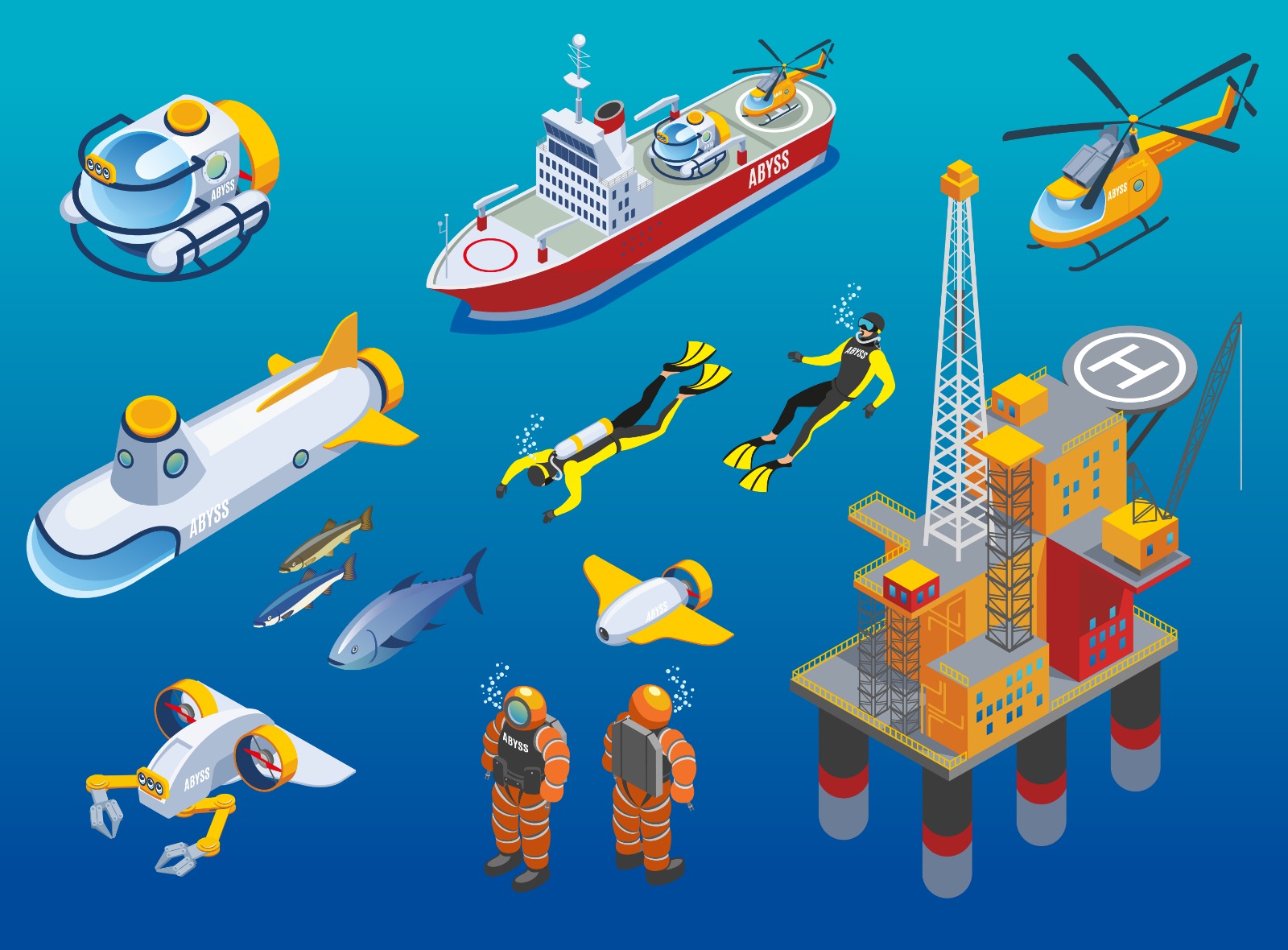Advancing Marine Education in the UAE through Augmented Reality(AR)

The United Arab Emirates (UAE) has always been a pioneer in technological innovation and education. With a rich maritime heritage and a strong commitment to environmental conservation, the UAE is utilizing Augmented Reality (AR) to revolutionize marine education. By integrating AR technology into educational initiatives, the UAE aims to enhance the learning experience, promote environmental awareness, and cultivate an informed and responsible generation of marine enthusiasts.
Immersive AR Simulations: Exploring Marine Ecosystems
Augmented Reality enables immersive simulations that allow learners to explore marine ecosystems from the classroom. Through AR experiences, students can dive into vibrant coral reefs, encounter marine species up close, and witness natural phenomena in a captivating way. This interactive approach to marine education fosters a deep appreciation for marine life and the significance of its conservation.
Virtual Marine Laboratories: Hands-On Learning
AR technology offers virtual marine laboratories that provide students with hands-on learning experiences. By overlaying digital elements onto real-world objects, AR applications allow students to conduct experiments, analyze marine samples, and understand complex scientific concepts in an engaging manner. This interactive learning approach nurtures critical thinking, problem-solving skills, and a comprehensive understanding of marine science.
Environmental Conservation: Advocating for Sustainability
AR-based marine education programs in the UAE emphasize the importance of environmental conservation and sustainable practices. Through AR experiences, students learn about the detrimental effects of pollution, overfishing, and climate change on marine ecosystems. They can also explore virtual conservation efforts and witness the positive impact of sustainable practices, inspiring them to become advocates for marine preservation.
Marine Species Identification: Enhancing Knowledge
AR technology enhances marine species identification by providing real-time information about marine organisms. By using AR applications, students can scan and identify different species, learn about their characteristics, and understand their ecological roles. This technology empowers students to develop a comprehensive understanding of marine biodiversity and strengthens their ability to contribute to marine research and conservation efforts.
Virtual Field Trips: Exploring the Oceans
AR enables virtual field trips that transport students to marine environments around the world. Through immersive experiences, students can virtually visit diverse marine habitats, including mangroves, seagrass meadows, and deep-sea ecosystems. These virtual expeditions offer valuable insights into the interconnectedness of marine ecosystems and the necessity for global collaboration in protecting our oceans.
Citizen Science Initiatives: Engaging in Research
AR technology encourages student participation in citizen science initiatives. By collecting data, documenting marine observations, and contributing to research projects, students can make meaningful contributions to marine science. This involvement nurtures a sense of ownership and responsibility, empowering students to become stewards of the marine environment.
Conclusion:
The UAE's integration of Augmented Reality into marine education represents a significant stride in promoting environmental awareness and conservation. Through immersive AR simulations, virtual marine laboratories, environmental advocacy, species identification tools, virtual field trips, and citizen science initiatives, the UAE is equipping students with the knowledge, skills, and passion needed to protect our precious marine ecosystems.
As the UAE continues to invest in innovative technologies, the integration of AR in marine education sets a trend for other nations to follow. By nurturing an informed and environmentally conscious generation, the UAE is fostering a brighter future for marine conservation and sustainability. Through AR-enhanced marine education, we can inspire the next generation to safeguard and preserve the beauty and diversity of our oceans.
-Teams Spegz